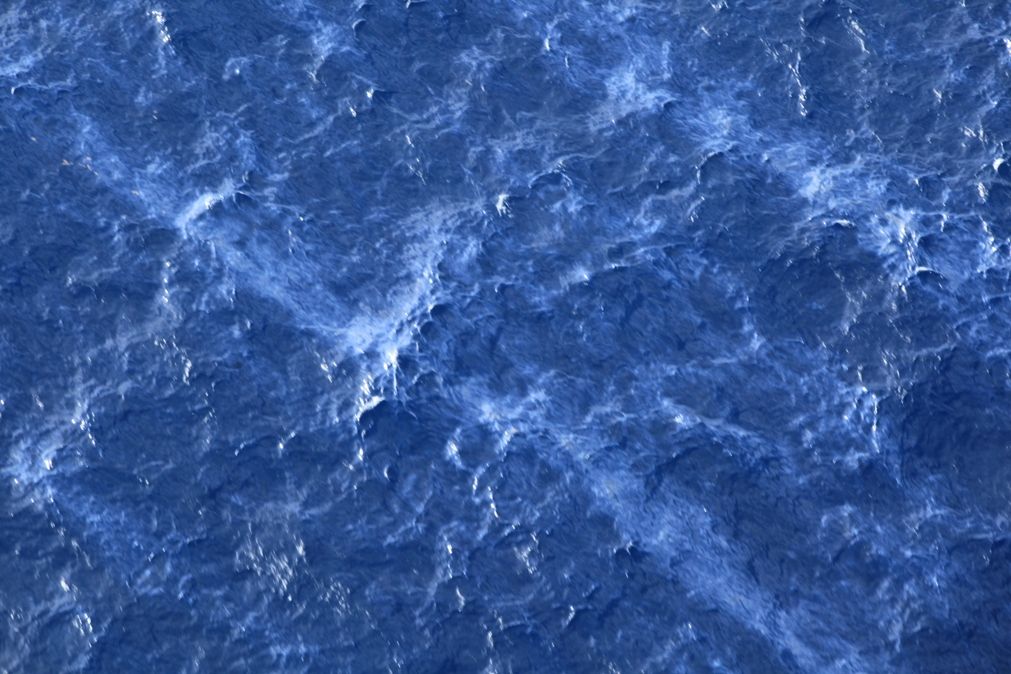Oil Sheens Near Deepwater Horizon Spill from Sunken Rig

Recurrent sheens of oil in the Gulf of Mexico near the site of 2010's Deepwater Horizon oil spill have baffled researchers and led to fears that oil may once again be spewing from the seafloor well.
But a study published this week in the journal Environmental Science and Technology shows that there is no new leak: The oil is coming from isolated tanks and pockets within the wreckage of the sunken rig, according to a statement from the National Science Foundation (NSF), which funded the research.
The mysterious sheens of oil were first reported in September 2012. To find out their provenance, researchers took samples of the sheens and compared them against others taken from various sources, including floating pieces of wreckage recovered shortly after the Deepwater Horizon drilling rig exploded and sunk on April 20, 2010.
"This appears to be a slow leak from the wreckage of the rig, not another catastrophic discharge from a deep oil reservoir," David Valentine, a geochemist at the University of California at Santa Barbara, said in the statement. "Continued oil discharge to the Gulf of Mexico from the wreckage of the Deepwater Horizon rig is not a good thing, but there is some comfort that the amount of leakage is limited to the pockets of oil trapped within the wreckage of the rig."
Using a technique developed by Woods Hole Oceanographic Institution researcher Chris Reddy, the scientists found that the oil from the sheens reported last fall matched those taken from the floating wreckage. The samples both contain uniform amounts of olefins, a chemical used in drilling fluids, according to the statement. Olefins are not found in crude oil, meaning the sheens aren't likely to originate from the Macondo well or any other natural oil seep in the Gulf, the NSF reported.
When the rig sunk, it held tanks containing hundreds of barrels filled with a mixture of drilling mud and oil. Researchers speculate that these tanks are leaking after being gradually corroded by seawater, according to the statement.
The Deepwater Horizon oil spill was the biggest in American history, releasing about 205 million gallons (776 million liters) of oil. The area of the Gulf near the spill has been negatively affected ever since; tar balls containing dangerous bacteria have washed up on beaches in the area and there has been an unusually high death rate for dolphins.
Sign up for the Live Science daily newsletter now
Get the world’s most fascinating discoveries delivered straight to your inbox.
Email Douglas Main or follow him on Twitter or Google+. Follow us @livescience, Facebook or Google+. Article originally on LiveScience.com.










